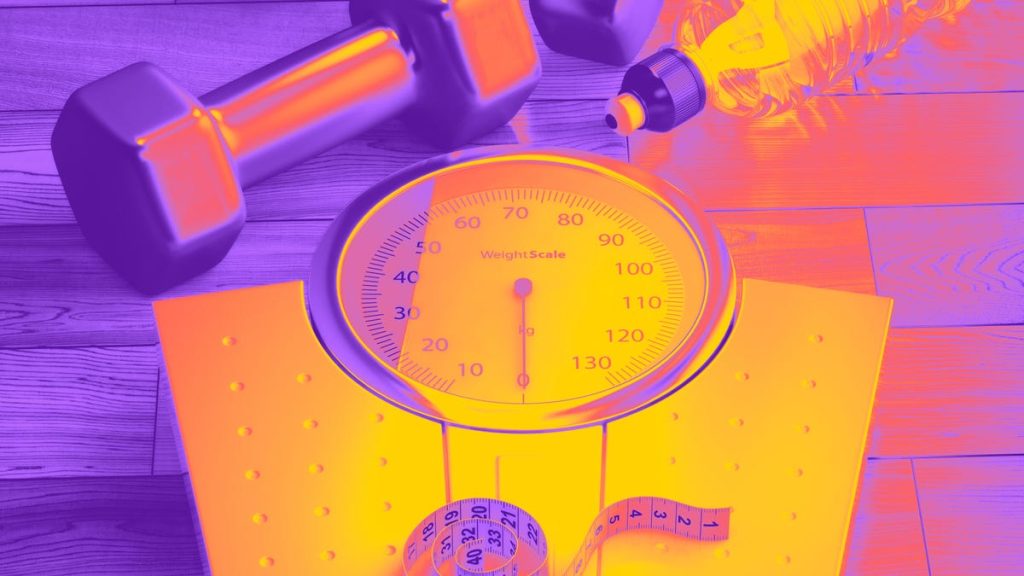Consistency and accuracy are crucial when it comes to measuring weight, whether you are trying to lose weight or track your progress. It is important to remember that weight is not the only indicator of health, but it can provide valuable insight into your overall health goals. When weighing yourself, it is best to do so first thing in the morning, after using the restroom and before eating or drinking anything. This is when your body is most likely to have an empty stomach, providing the most accurate reading.
In addition to weighing yourself at the right time of day, there are other tips to ensure accuracy when stepping on the scale. It is recommended to weigh yourself once a week at the same time of day, on a solid and flat surface, and while wearing minimal clothing. By keeping these factors consistent each time you weigh yourself, you can get more accurate and reliable results. However, if weighing yourself triggers negative thoughts, unsafe habits, anxiety, or sadness, it may be best to break up with your scale and focus on other health metrics instead.
It is important to maintain a healthy relationship with weighing yourself, using the number on the scale as a tool rather than the sole measure of your health. If it becomes a source of stress or negative emotions, it may be time to reevaluate your relationship with the scale. Instead of focusing solely on weight, consider other health metrics that are more important indicators of overall health, such as body fat percentage, muscle mass, and measurements. By shifting your focus to these metrics, you can achieve a more balanced and holistic approach to health and fitness.
Incorporating more fruits and vegetables into your diet, eating sufficient carbohydrates, and staying hydrated are all important factors in achieving and maintaining a healthy weight. It is also essential to engage in regular physical activity, such as workouts or exercise routines, to support your weight loss or fitness goals. By combining a balanced diet with consistent exercise, you can create a sustainable and effective approach to weight management and overall health.
Ultimately, the number on the scale is just one piece of the puzzle when it comes to health and wellness. By prioritizing a healthy relationship with weighing yourself, focusing on other important health metrics, and adopting a balanced approach to diet and exercise, you can achieve your goals and maintain long-term success. Remember that weight is not everything, and it is important to take a holistic approach to health that considers various factors beyond just the number on the scale.


